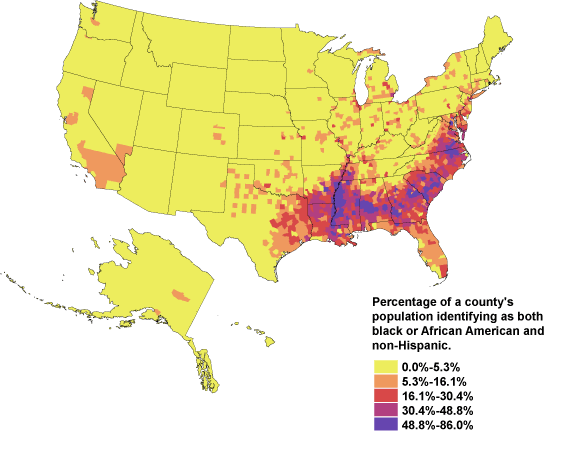I will agree that measures of IQ are only one facet of intelligence...and not an especially good one.
There are biases...and the vast majority of IQ tests were devised by white...AMERICAN white men. Not sure of why Asians (East Asians and Far East Asians) score better than most, but I have worked with MANY Asians...and they are ultra adamant that their kids study hard. I suspect most of them are studying material that is considered important by the people who devised the tests.
Yet this thread is a good example of liberals conflating education with IQ. When they are called out on it, then they downplay IQ. How odd.
Nonetheless, the IQ studies I referenced earlier are global in nature. Some of the tests are made by Americans, but there are plenty of other tests made in other parts of the world that have been used in these studies, and East Asians consistently do well in all of them. Culture probably does play a part, but there seems to be more at play. When looking at different types of intelligence, East Asians are often the best at abstract intelligence. That would be an advantage regarding IQ tests. Other groups excel at other forms of intelligence. Jews, for example, tend to be exceptionally good at verbal intelligence.
I am NOT making fun of anyone here. I am offering comments.
All I can do is guess...but my guess would be if a major asteroid strike occurred, "naturalistic intelligence of rural whites" would come in a very poor second place to street smart urban blacks.
That would depend on the area you're in during an apocalypse. Also, in the long run, cities would be more vulnerable to food shortages. It's only through the conveniences of modern transport and supply chains that so many people can be fed in a small area. Without these things in place, many urbanites would eventually starve. City folk would be very dependent on farmers.
Terrific. And if a major asteroid strike ensued...they could get jobs as mechanics, electricians and plumbers.
Okay. So...how does that impact on the most and least educated states?
A lot of the focus on which states are most and least educated is on the 4 year system. Much of the time, the stats don't take into account community college or apprenticeship programs. There are also skill sets that aren't typically formal in nature.
With the way that the construction and agricultural industries are changing, we're seeing more and more people learning on the job. That isn't captured by formal education stats. Even many trades have started to lean this way.







 The White Libs ignorance and arrogance are enormous. We see it on this board every minute of every day.
The White Libs ignorance and arrogance are enormous. We see it on this board every minute of every day.